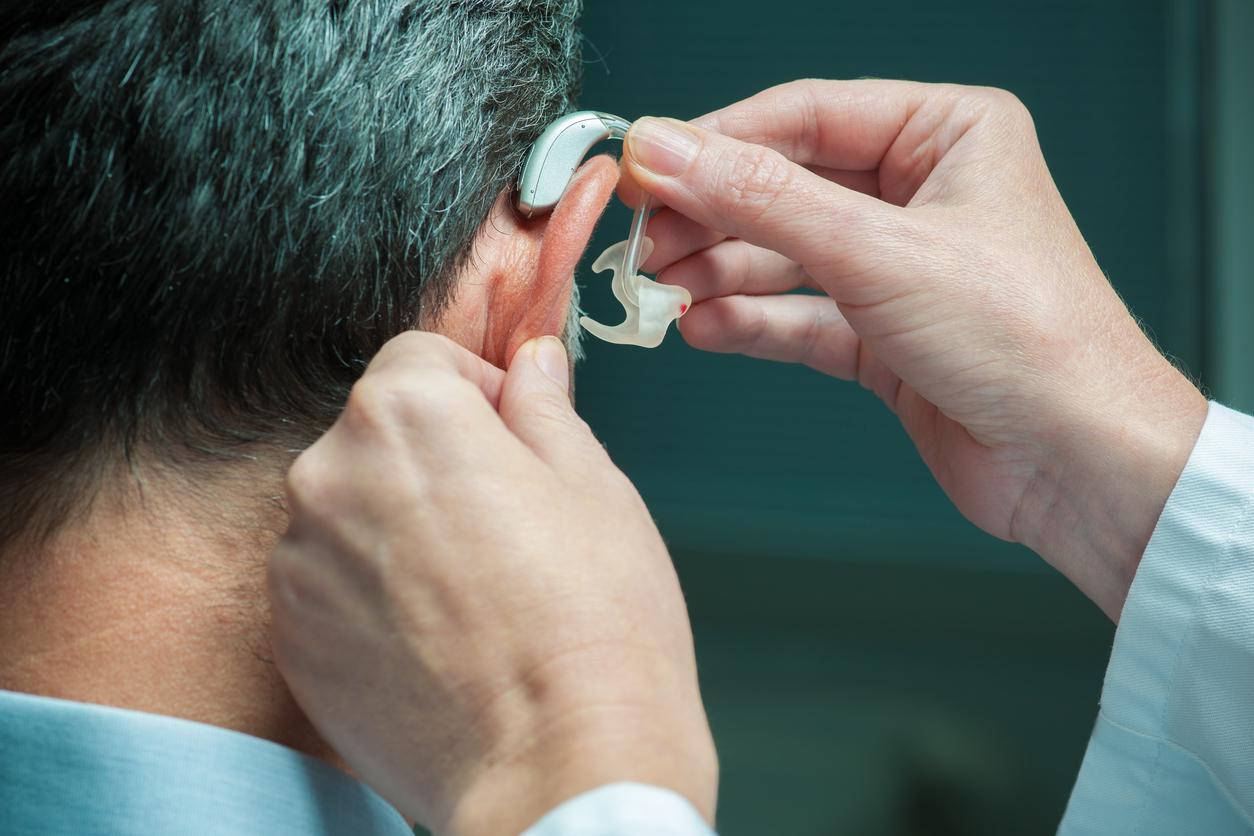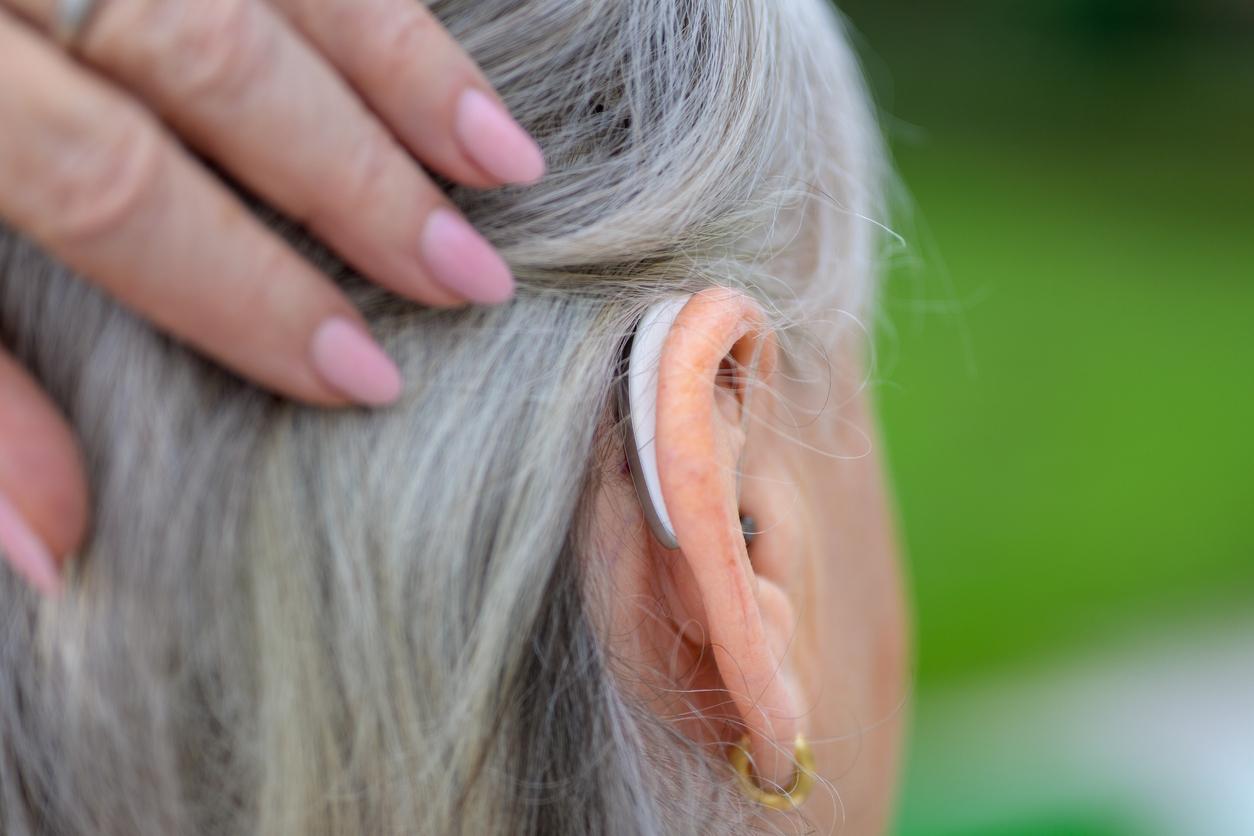Researchers at Mass Eye and Ear Hospital have developed a gene therapy that could reverse hearing loss.

- Researchers have discovered a gene therapy using an adeno-associated virus that can reverse hearing loss in aged mice.
- For this study, the scientists used mice that had a mutation equivalent to the defect in the human TMPRSS3 gene, known to cause progressive hearing loss.
- The possibility of combining this gene therapy with cochlear implants could potentially treat genetic deafness.
Health professionals estimate that one in 10 people will be living with some form of hearing loss by 2050. One of the most difficult types of hearing loss to treat is that of genetic origin. However, researchers at the hospital specializing in hearing disorders, Massachusetts Eye and Ear (USA), have made a discovery that could offer these patients new treatments.
Deafness: gene therapy to restore hearing
Scientists worked on a gene therapy based on an adeno-associated virus (a small, non-pathogenic DNA virus) to transport genetic material into target cells.
According to the study published in the journal Molecular Therapy on May 26, 2023, they tested their treatment on mice with a mutation equivalent to that of the human TMPRSS3 gene, known to cause progressive and recessive hearing loss (DFNB8/DFNB10). The product, consisting of an adeno-associated virus (AAV) harboring a healthy TMPRSS3 gene, was injected into deaf rodents.
While the younger animals did not show a significant response after the injections, the older ones began to hear almost normally after the treatment.
Mutation TMPRSS3: a therapy to be coupled with cochlear implants
While cochlear implants are widely used by people with deafness caused by damage to sensory cells in the inner ear, they offer limited relief to those with genetically caused hearing loss. But for the researchers, combining their new gene therapy with these devices could help treat these DNA-related pathologies more easily.
“Our results suggest that virus-mediated gene therapy, alone or in combination with a cochlear implant, could potentially treat genetic hearing loss”explained corresponding author Dr. Zheng Yi Chen, a researcher at Mass Eye and Ear. “This was also the first study that rescued hearing in aging mice, indicating the feasibility of treating patients with DFNB8 deafness, even in old age.”he added in a communicated.
Scientists are now working on the application of this gene therapy in humans and hope to be able to develop an effective treatment capable of restoring lost hearing in people with genetic deafness.

















